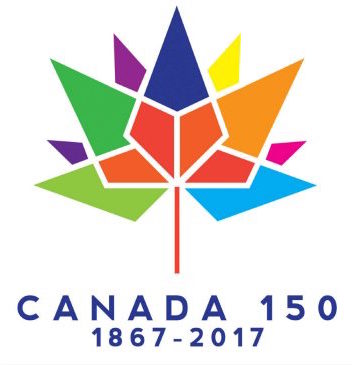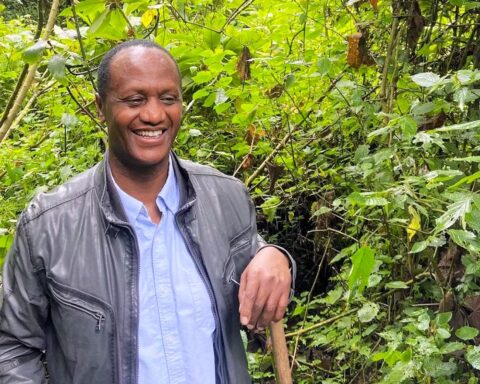
Many leaders of the East who fought to decolonize their countries from Western authoritarian rule were also educated in the West. Upon returning home, they became trapped in a mental rift – they owed their education to the Western system, which also worked to colonize and ruin their countries and people.
This dichotomy is relatable to the main character of Mysterious Fragrance of the Yellow Mountains, a novel by Canadian author Yasuko Thanh.
It was usually lawyers or social scientists who became leaders and policy-makers to fight rigid authoritarian powers. However, in Thanh’s story, a group of Vietnamese nationalists enlist their friend – the refined, educated Vietnamese physician Dr. Georges-Minh Nguyen – to poison the French general and his garrison.
Dr. Nguyen has a medical degree from Lycée Condorcet in Paris. What he owes to the French and how they’ve taken over Vietnam clash to carve rifts in his psyche and cause him to slowly go insane.
The close-knit group of friends makes up a revolutionary cell called the Mysterious Fragrance of the Yellow Mountains. They plot revenge on the French for the oppression they forced upon the Vietnamese – an act they hope will send a message to the colonizers that revolution has begun in Vietnam.
“Most of the doubt was gone from his mind now. He was quite certain he could kill a man.”
Justifying revenge
The book is based on the true story of the Hanoi Poison Plot of 1908, which took place in Saigon.
Dr. Nguyen is overcome by the guilt of the prospect of killing someone, until his pregnant wife escapes a rape attempt by a French soldier.
“Though he hadn’t told [his friend] Khieu about the rape his anger about it had made him steely. Most of the doubt was gone from his mind now. He was quite certain he could kill a man. Part of him was looking forward to trying.”
Khieu, a determined member of the revolutionary group, has his mind set on plotting revenge. His commitment is what allows the plan to continue.
However, the plot is foiled when cooks at the garrison confess to it, providing the names, places and dates of the plan to a priest. This forces the Mysterious Fragrance of the Yellow Mountains members to flee to other provinces.
Dr. Nguyen avoids capture, but must leave his wife and his newborn son behind after they are caught by French soldiers.
“He’d never imagined kissing her for the last time. Not once. He’d never imagined last times for anything. He simply ran.”
It sheds light on how discrimination by French imperials aimed to make the Vietnamese feel shame and responsibility for their plight.
Laying blame
The book depicts the era of the French colonial period in Indochina, during which people were suffering from social deprivation and using drugs to quell their anguish. It sheds light on how discrimination by French imperials aimed to make the Vietnamese feel shame and responsibility for their plight.
Dr. Nguyen encounters a French doctor at the Centre for Infectious Disease Control to discuss the “Paddy Fever,” or yellow fever. He is taken aback when Dr. Michaut calls the Vietnamese “teachers of moral vice” because he believes they have “corrupted” the French soldiers.
“What was this man on about?” thinks Dr. Nguyen. “If only he didn’t need his help, his lab, his equipment, he’d pop him in the jaw.”
Instead, Dr. Nguyen suggests Vietnamese boys engage in prostitution in opium dens to pay for their own opium habits, or to acquire goods they can’t afford.
From the French doctor Michaut’s perspective, the offence is less evident: “I don’t include you in these comparisons. You studied in Paris, like me,” he says to Dr. Nguyen.
Vietnam’s colonial history reflects some of today’s challenges of occupation and abuse of people’s land.
Suffering under colonialism
Thanh tells us stories of capricious characters that go to great lengths to overthrow their colonial oppressors. Her characters survive living amongst imaginary, yet dangerous, ghosts.
She takes us to a savaged, but vivid, colonial Vietnam, where streets are filled with fierce threats in the form of killing, rape and rebels’ chopped heads mounted on bamboo poles as warnings.
After his marriage with Dong, Dr. Nguyen lacked solace and drifted away from his wife. Once, in conversation with her, he justifies his absence by explaining the historical colonization of Vietnam by one power or another, resulting in turmoil and agony for the country’s women.
“Our country is in crisis,” he said. “Men abandon their families and leave their wives in charge of feeding the children. The women have no money and they do what they must to survive. This country was the possession of the Chinese, and now is the mistress of the French. For a thousand years we’ve lived under the dominion of others. It’s why everyone’s going mad.”
Vietnam’s colonial history reflects some of today’s challenges of occupation and abuse of people’s land. In war zones like Syria, Iraq, Libya, Afghanistan, and many others, colonialism results in the total disarray of a country’s inhabitants, and leaves their attempts at survival and revolution against past oppressors unfulfilled as they are quickly taken over by new ones.
Thanh’s novel shows that the lust for power results in horror and misfortune for the colonized and is ultimately reflected in the truest form of human tragedy – the loss of innocence.
Tazeen Inam is passionate about both print and electronic media. She has a master’s degree in mass communications, has worked as a senior producer and editorial head at Pakistani news channels and has contributed to BBC Radio Urdu in London, England. Inam is presently pursuing a course in digital media studies at Sheridan College.
Tazeen is based in Mississauga and is a reporter with the New Canadian Media. Back in Pakistan where she comes from, she was a senior producer and editorial head in reputable news channels. She holds a master’s degree in Media and Communication and a certificate in TV program production from Radio Netherlands Training Center. She is also the recipient of NCM's Top Story of 2022 award for her story a "A victim of torture, blogger continues fight for human rights in Pakistan"





